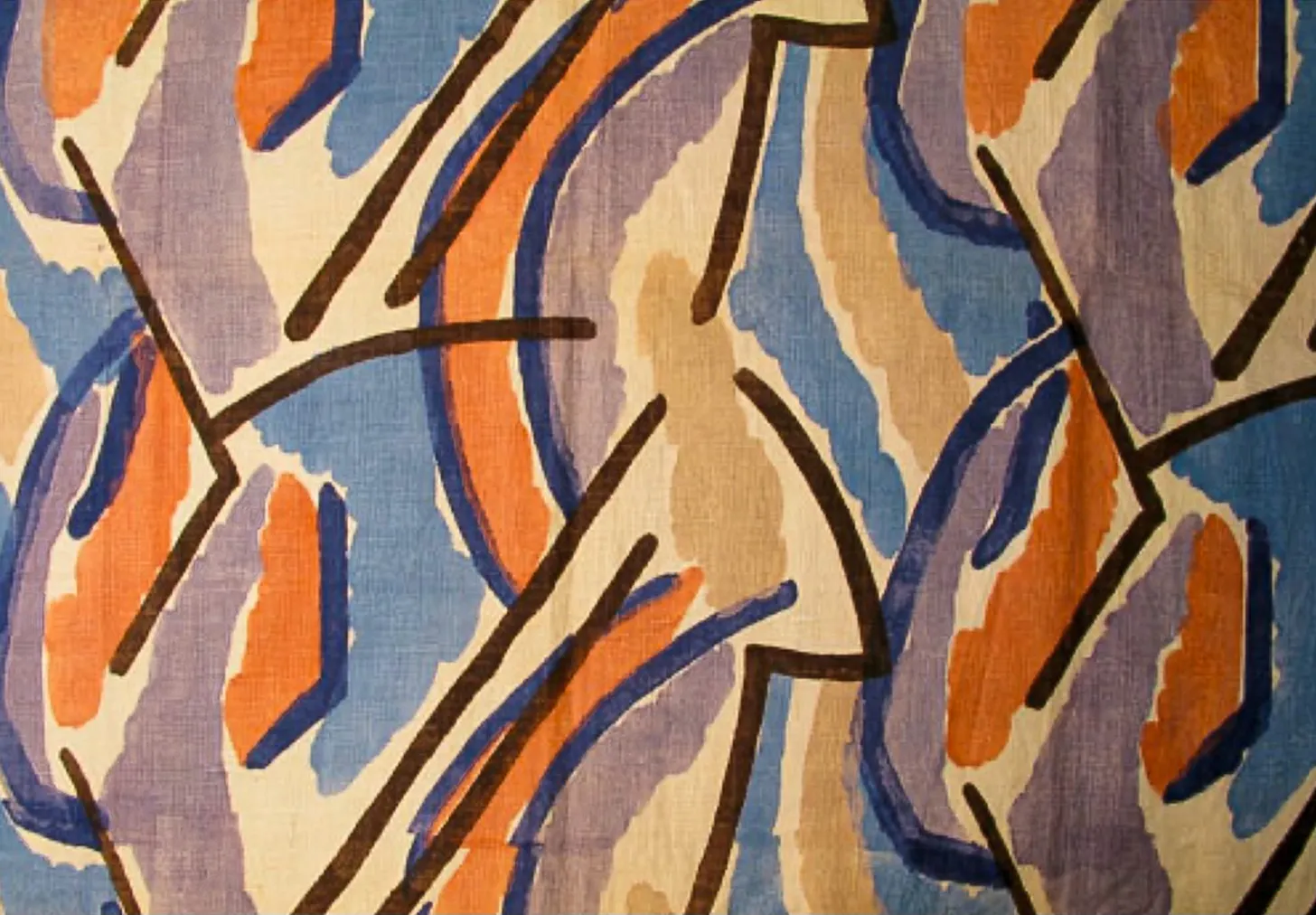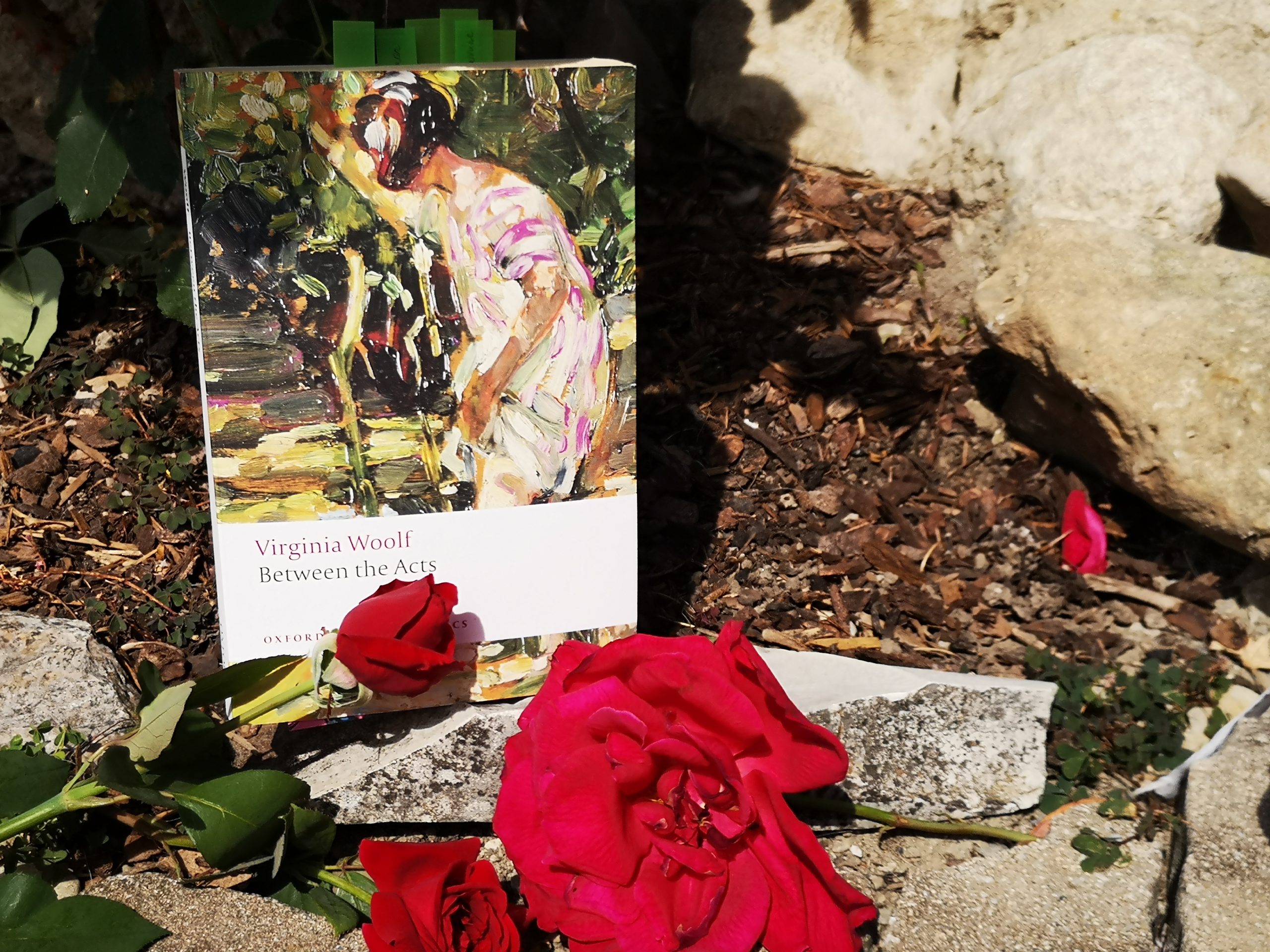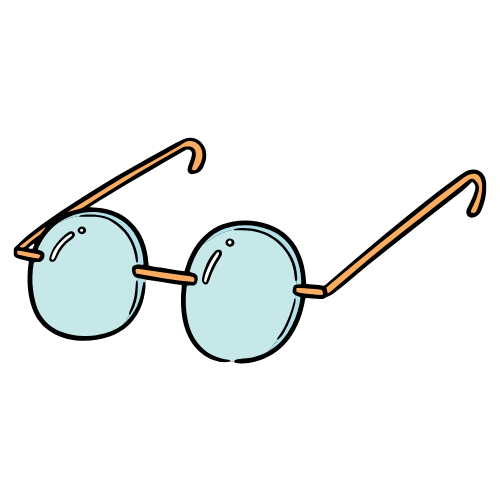I hadn’t really grasped my being human until about five or six years ago. I was wafting through life, eyes closed, like a jellyfish carried around by the waves of the ocean. About to get married, swallowing fifty or more books a year like nothing and working a moderately successful 9-to-5 engineering job. Yet life passed me by, and I didn’t even know it. I had no mirror to reflect myself back to me. I was unaware there was a “within” and “without”, living within my own perspective without knowing I even had a perspective. Reading Between the Acts structured these thoughts, which have been mingling around in my brain, background to daily life, and which only today, more than two weeks after finishing the novel, are clear enough for me to grasp and cut into sentences.
In Woolf’s novels of the 30s, there is a change in her writing. I haven’t got around The Waves, The Years, nor Three Guineas yet to be able to add weight to this statement, but comparing Between the Acts to To the Lighthouse, for instance, and reading literary criticism helps me see this change. Francesca Wade writes in Square Haunting that Woolf “made a cryptic note [in her diary]: “‘I’ rejected, ‘We’ substituted”. (The academic habit of taking quotes out of context (and an even unknown context at that) is like bringing the author to speak when it’s only the writer of this essay speaking). I imagine now that Woolf was looking for a sense of belonging, maybe, for community and togetherness which she lacked in her Bloomsbury circle. Maybe with that “we,” she didn’t mean people like her, with whom she shared limited cultural characteristics, but people which she hadn’t before acknowledged as being “like” her – simply people. This is all speculation, of course. But in the context of her social(ist) inclinations of the late 30s, for which ‘The Leaning Tower’ (which I have read) stands proof, one could imagine that the boundaries of class were breaking for her. She wasn’t focused anymore on a simply subjective, purely individual view of the world. It was starting to dawn on her that maybe the world was a “looking together” somehow, built of shreds of awareness, and in which every single person had their willing or unwilling part to play, their contribution to make towards a larger meaning.
Between the Acts plays out at Pointz Hall, the country house which forms the background of a pageant (a play with a historical subject) taking place every year. The play, its hits and misses, and its scenes make up the second half of the novel, while the first half examines the relationship and tensions between the members of the Olivier family, living at Pointz Hall. Woolf leaves hints of the novel’s theatrical nature across her book, but the end is the most direct: “Then the curtain rose. They spoke.” The reader finds herself simultaneously at the end of the story and at the beginning of a play. All the actors are on stage, ready to start over, as the incessant machinery of theatre requires. The actors are the same; the play is the same. What changes is the audience. It’s as if the reader is invited to start over, dig out clues and notice the changes in herself.
The “acts” echoed in the title take on a different meaning, depending on what level the reader interacts with the text. First, there are the acts of the pageant and the very delicious conversations and inner thoughts the reader hears. One finds herself less interested in how the play continues and more interested in the gossip and half-expressed opinions, desires and criticisms that the theater-goers share (or don’t share) over tea in the barn at Pointz Hall. Second, there are the intermingled acts of history and personal history. It might rain or not, war might break out or not – everything is in a state of suspension. But what each character wants, in the end, is to continue with their life, independent of rain or war. Miss La Trobe has the vision of her next play, while Isa and Giles’s marriage might just turn out to be a happy one. What the characters know is that it does rain. What the reader knows is that WWII is the great second act which leaves only ashes in its wake. What nobody knows is whether Miss La Trobe’s new play is a success and whether Isa and Giles do have children. These are lesser great second acts, forever overshadowed by history and by the nature of the novel itself.
There is also a third way of looking at the acts in the novel’s title. These are the acts into which the mirror at the end of the pageant breaks the world of theatre. Audience and actors are both caught asking who is who. When Mrs. Swithin sees herself in the mirror Miss La Trobe’s put up through her play, she experiences a vision of her life being nothing less than Cleopatra’s. She exits herself and becomes Cleopatra, just as she might have become Nefertiti or Queen Elizabeth. The historical character is not the point. The point is Mrs. Swithin’s revelation that both she and Cleopatra are actresses on an ever-changing and never-changing stage.
The mirror then crawls out of the book and becomes the book itself. I read about people, yet can I be sure I am not the one being read? When I write a book review and a book essay such as this one, I share a view of the book which then, insidiously, transfers onto other readers. The book reads me and the readers, reading it, also read me. We don’t need to be much alike, those other readers and me. To paraphrase Woolf, we just need to substitute ‘I’ by ‘We.’ We just need to look outside ourselves, get out of ourselves.
And finally, when the mirror crawls out from the shelf and makes an appearance in daily life, I see myself in the mirror everyone else puts up for me. I know then I am not an island, and neither is everyone else. We are each their own ‘I’ but we each add our own shred of life experience, language or emotion in order to be able to create something together, be it a conversation in a supermarket, dinner plans or a literary blog. And because everyone else is hopelessly human, so am I. That is my revelation. I am Cleopatra.
I wrote this post during the Literature Cambridge 2022 Virginia Woolf summer school. The thoughts expressed here were fueled by Professor Claire Davison’s lecture and the post-lecture seminar led by Clare Walker Gore.





your thoughts?